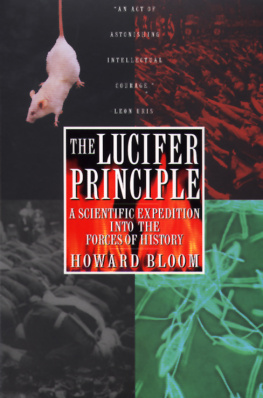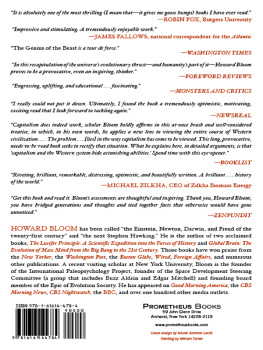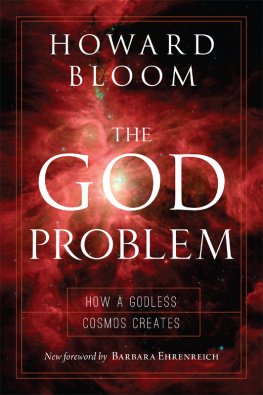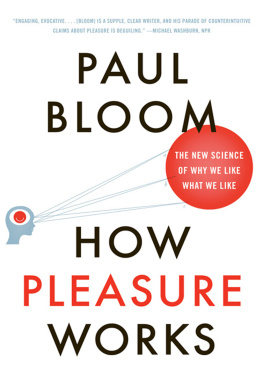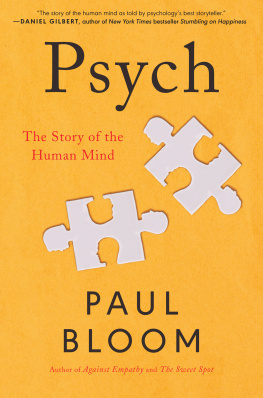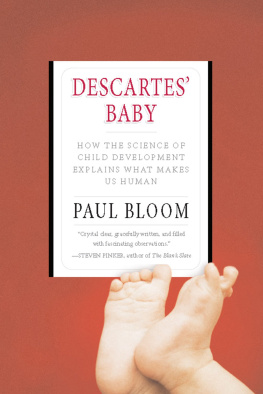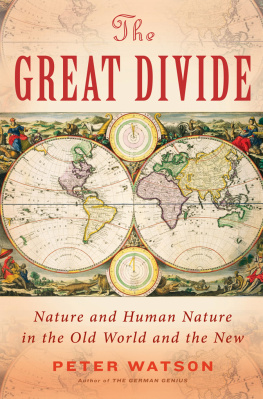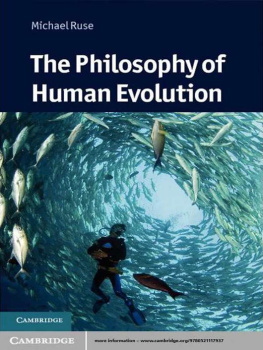
THE LUCIFER PRINCIPLE

THE LUCIFER
PRINCIPLE

A Scientific Expedition into the Forces of History
HOWARD BLOOM

THE ATLANTIC MONTHLY PRESS
NEW YORK
Copyright 1995 by Howard Bloom
Foreword copyright 1997 by David Sloan Wilson
All rights reserved. No part of this book may be reproduced in any form or by any electronic or mechanical means, including information storage and retrieval systems, without permission in writing from the publisher, except by a reviewer, who may quote brief passages in a review. Scanning, uploading, and electronic distribution of this book or the facilitation of such without the permission of the publisher is prohibited. Please purchase only authorized electronic editions, and do not participate in or encourage electronic piracy of copyrighted materials. Your support of the authors rights is appreciated. Any member of educational institutions wishing to photocopy part or all of the work for classroom use, or anthology, should send inquiries to Grove/Atlantic, Inc., 154 West 14th Street Broadway, New York, NY 10011 or .
Grateful acknowledgment is made to the following for permission to reprint previously published material: Excerpt from Psychological Care of Infant and Child by John B. Watson. Copyright 1928. Published by W. W. Norton. Reprinted by permission of the publisher.
Excerpt from the Squeeze song Hits of the Year by Christopher Difford and Glenn Tilbrook.
Copyright 1985 by EMI Virgin Music. Reprinted by permission of EMI Virgin Music.
Excerpts from Islam and Revolution: Writings and Declarations of Iman Khomeini. Translated by Hamid
Algar. Copyright 1981. Published by Mizan Press. Reprinted by permission of the publisher.
Excerpts from The Reign of the Ayatollah: Iran and the Islamic Revolution by Shaul Bakash.
Copyright 1984 by Basic Books. Reprinted by permission of the publisher.
Excerpt from The Proud Tower: A Portrait of the World Before the War, 18901914 by Barbara Tuchman.
Copyright 1966 by The Macmillan Company. Reprinted by permission of the publisher.
Published simultaneously in Canada
Printed in the United States of America
Library of Congress Cataloging-in-Publication Data
Bloom, Howard K., 1943
The Lucifer principle : a scientific expedition into the forces of history / by Howard Bloom.
Includes bibliographical references and index.
ISBN: 978-87113-664-0
eISBN: 978-0-8021-9218-9
1. Man. 2. Evolution. 3. HistoryPhilosophy. 4. Culture.
5. Civilization, Modern20th century. 6. Good and evil. 7. Devil.
I. Title.
BD450.B5261995128dc2094-11464
DESIGN BY LAURA HAMMOND HOUGH
Atlantic Monthly Press
an imprint of Grove/Atlantic, Inc.
154 West 14th Street
New York, NY 10011
Distributed by Publishers Group West
www.groveatlantic.com
To Linda Bloom

If only there were evil people somewhere insidiously committing evil deeds and it were necessary only to separate them from the rest of us and destroy them. But the line dividing good and evil cuts through the heart of every human being. And who is willing to destroy a piece of his own heart?
Aleksandr Solzhenitsyn
Only through knowledge will we be able... to deliver those with superstitious faith in the omnipotence of violence from their folly.
Fang Lizhi
We have need of history in its entirety, not to fall back into it, but to escape from it.
Ortega y Gasset
CONTENTS

FOREWORD

The author of this book is an intellectual, originally trained in science, who decided to avoid the limitations of an academic career. Instead of conducting laboratory experiments and competing for federal grant dollars, he put his interest in mass human behavior to work by playing a key role in the careers of rock stars such as Michael Jackson and John Cougar Mellencamp. Meanwhile, he continued to read widely and do what all scientists, as intellectuals, should do: attempt to understand and explain the nature of the world around him. His experience at the center of our cultures mythmaking machinery may have taught him more about human nature than a university career. Perhaps we should regard him as an anthropologist who has spent many years observing a strange tribeus.
In the course of his inquiry, Howard Bloom became convinced that evolution could explain the fundamentals of human nature and the broad sweep of human history. He is not alone. It is no longer heretical to study our own species as one of evolutions creations, and many books are appearing on the subject. The Lucifer Principle, however, does not merely report on the rapid developments that are taking place within academia. Howard Bloom has his own vision of evolution and human nature that many scientific authorities would dispute. He is a heretic among former heretics.
The bone of contention is the organismic nature of human society. Thomas Hobbes and many others of his time regarded individuals as the cells and organs of a giant social organisma Leviathanwhich is but an artificial man, though of greater stature and strength than the natural, for whose protection and defence it was intended. Today this idea is regarded as no more than a fanciful metaphor. Evolution is thought to produce individuals who are designed to relentlessly pursue their own reproductive success. Society is merely the by-product of individual striving and should not be regarded as an organism in its own right. Even individuals can be decomposed into selfish genes whose only purpose is to replicate themselves.
It is a mark of Howard Blooms independence of thought that he resisted the extreme reductionism that pervades modern evolutionary biology. He believes that the Leviathan, or society as an organism, is not a fanciful metaphor but an actual product of evolution. The Darwinian struggle for existence has taken place among societies, as well as among individuals within societies. We do strive as individuals, but we are also part of something larger than ourselves, with a complex physiology and mental life that we carry out but only dimly understand. That is the vision of evolution and human behavior found in The Lucifer Principle, and at the moment it can be found nowhere else.
When Howard Bloom wrote The Lucifer Principle, he studied numerous developments taking place within the halls of academe but was unaware of others. Evolution is increasingly being studied as a process that operates on a hierarchy of units. Even individual organisms are higher-level units, composed of parts that were themselves free-living organisms in the distant past. Truly organismic societies have evolved in insects and even some recently discovered mammal species. As for ourselves, human society may turn out to be far more organismic than the vast majority of evolutionary biologists imagined only a few years ago. These discoveries are unfolding within the scientific community, and many of them have been anticipated by Bloom. Scientists and other academicians might find themselves treading a path forged by an outsider.
Next page
